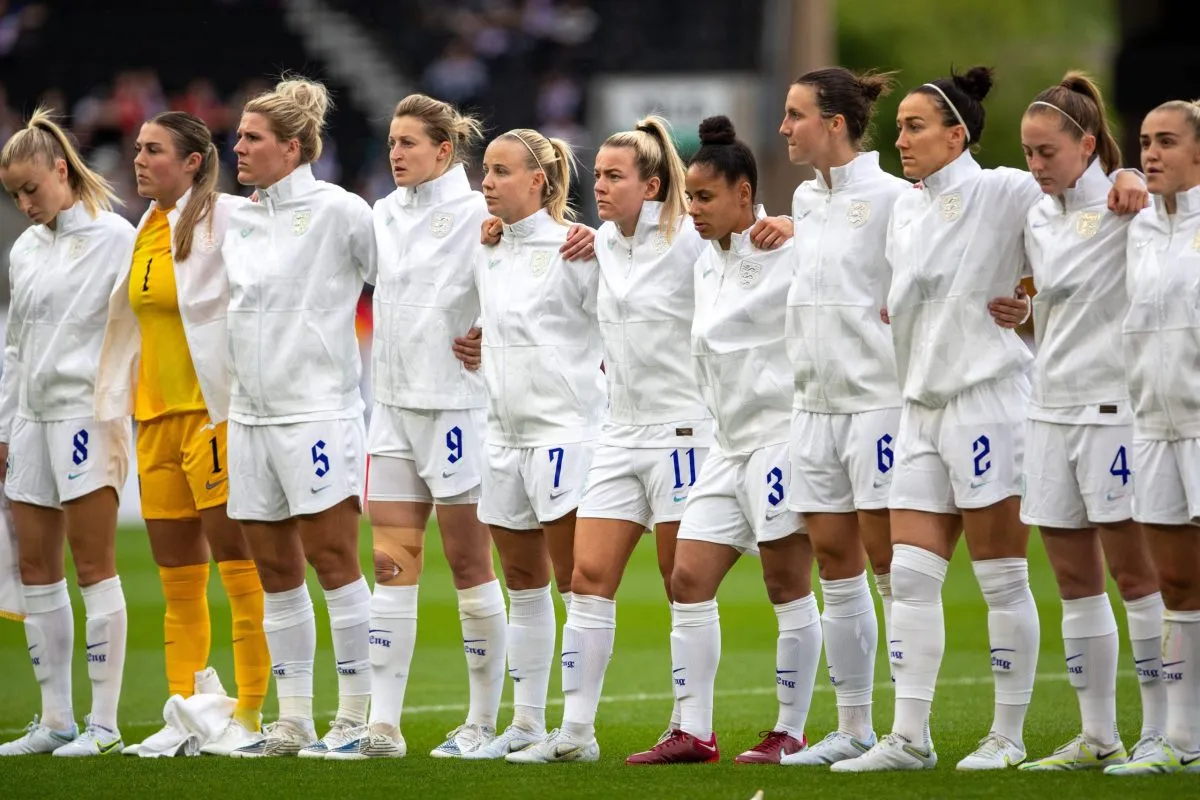Sports
Women’s Football Sees Record Viewership New Era for Sports Equality

Women’s football has reached a historic milestone in the United Kingdom, achieving record-breaking viewership figures and unprecedented levels of support both domestically and internationally. The surge in popularity represents not just a sporting success but a cultural transformation, signaling a new era for gender equality in sports. With record attendance at stadiums, growing media coverage, and expanded sponsorship deals, women’s football is cementing its place at the heart of the national sporting conversation.
Record Viewership and Expanding Fan Base
The 2025 season marked a turning point for women’s football in the UK. According to the Football Association, more than 50 million viewers tuned in across television and digital platforms to watch Women’s Super League and international matches, surpassing all previous records. The Lionesses’ continued success on the global stage, including their strong performances in major tournaments, has helped drive interest and inspire new generations of fans.
Domestically, Women’s Super League clubs have seen unprecedented ticket sales and matchday engagement. Arsenal, Chelsea, and Manchester United regularly attract crowds of more than 40,000 fans for top fixtures, transforming the atmosphere of the league. Broadcast partnerships with major networks and streaming platforms have also expanded the sport’s visibility, allowing millions of viewers worldwide to follow their favorite teams and players in real time.
The accessibility of coverage has played a major role in the sport’s growth. Highlight shows, behind-the-scenes documentaries, and player profiles have brought supporters closer to the athletes, while social media campaigns have amplified engagement among younger audiences. According to Nielsen Sports, the demographic of women’s football fans is now one of the most diverse in global sports, encompassing a balanced mix of genders and age groups.
Grassroots participation has also skyrocketed. Youth academies across the UK report record enrollments of girls under the age of 16, with community initiatives backed by the FA helping to provide equal access to facilities and coaching. The success of the Lionesses and the visibility of female role models like Leah Williamson, Lauren James, and Mary Earps have made football more inclusive than ever before.
Commercial Growth and Sponsorship Momentum
The rise in popularity has been mirrored by a surge in commercial investment. Sponsorship deals for women’s football have increased by nearly 60 percent in the past two years, with brands recognizing the sport’s expanding influence and loyal audience base. Companies from diverse industries, ranging from technology and finance to health and apparel, are aligning themselves with the movement for gender equality in sports.
Barclays has extended its title sponsorship of the Women’s Super League, committing millions toward grassroots development and league promotion. Nike and Adidas have launched campaigns centered on female empowerment, spotlighting the stories of women players and their journeys to success. Meanwhile, broadcasters such as Sky Sports and BBC Sport have expanded coverage slots, ensuring that women’s matches receive equal attention alongside their male counterparts.
Economic analysts project that women’s football could generate more than £1 billion in annual revenue globally by 2030. In the UK, this growth is already evident in rising merchandise sales, increased attendance, and international partnerships. The introduction of cross-border tournaments and global pre-season tours has further elevated the sport’s profile, positioning the Women’s Super League as one of the most competitive and commercially successful women’s leagues in the world.
The digital revolution has also accelerated growth. Clubs are using data-driven strategies to personalize fan experiences, while blockchain-based ticketing and collectible platforms have added new layers of engagement. Female players are leveraging their growing platforms to collaborate with brands and advocate for social causes, reinforcing the sport’s impact beyond the pitch.
The Push Toward Gender Equality in Sports
The success of women’s football is part of a broader movement toward gender equity in athletics. The FA and UEFA have both pledged continued investment to close the gender pay gap, improve training conditions, and enhance career opportunities for women in coaching and sports management.
The visibility of female athletes has become a catalyst for social change. Schools and community programs are using women’s football as a model for empowerment, teaching young girls the values of teamwork, leadership, and perseverance. Campaigns such as “Equal Game” and “Her Future in Football” have drawn national attention to the need for inclusive sports environments.
However, challenges remain. Despite major progress, disparities in wages, media coverage, and sponsorship values between men’s and women’s football persist. Advocates argue that sustained institutional support and long-term planning are necessary to ensure equality is not just a temporary trend but a permanent standard. The growing audience and commercial success of women’s football provide compelling evidence that equality in sports is not only a moral imperative but also an economic opportunity.
Athletes themselves are taking an active role in shaping the future of the sport. Prominent players have become influential voices on issues such as maternity rights, mental health, and representation in leadership. Their advocacy is helping redefine the narrative around women in sports and inspiring change within governing organizations.
Conclusion
The rise of women’s football marks a defining chapter in the UK’s sporting history, a moment when the pursuit of excellence and equality are advancing hand in hand. Record-breaking viewership, commercial investment, and cultural recognition have propelled the women’s game into the mainstream, establishing it as a powerful force for progress both on and off the field.
As the movement continues to gain momentum, women’s football stands as more than just a sport, it is a symbol of empowerment, resilience, and inclusivity. The new era of sports equality is no longer a vision for the future; it is unfolding in real time, led by athletes, fans, and institutions united in their belief that the beautiful game belongs to everyone.














